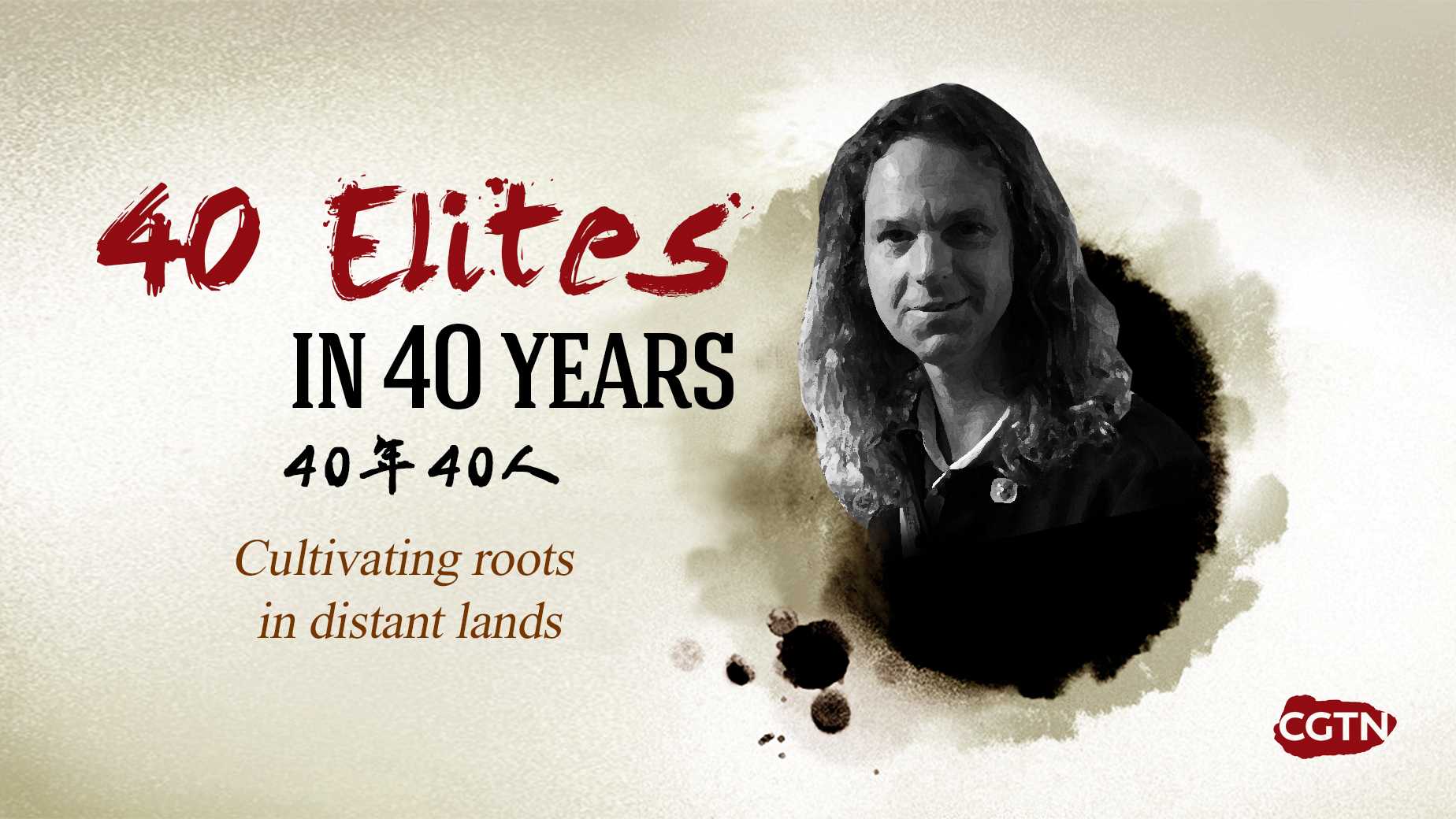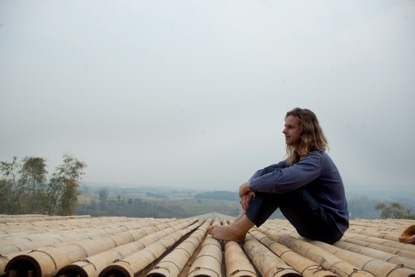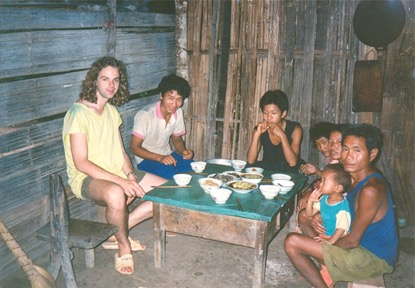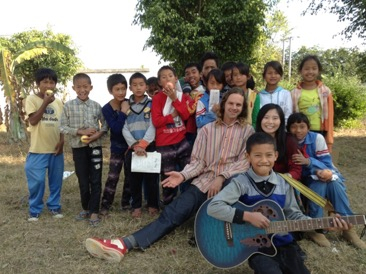
China
14:20, 21-Dec-2018
40 Elites in 40 Years: Cultivating roots in distant lands
Updated
13:58, 24-Dec-2018
CGTN
05:03

Dr. Anton Lustig, an ethnolinguist, painter and musician, was born on June 4, 1964, in Dordrecht, Netherlands.

In the summer of 1991, Dr. Lustig, then still a sophomore in college, came to the Jingpo ethnic settlement in Dehong Autonomous Prefecture to conduct research on the Zaiwa language. Over the next 10 years, he traveled many times to Dehong – living together with the local people in the Jingpo villages. He observed their language, lifestyle and culture, and documented his learnings in the text, "Grammar and Vocabulary of Zaiwa Language," which consists of two volumes and 1,700 pages.
Zaiwa belongs to the Lolo-Burmese languages of the Sino-Tibetan language family. Dr. Lustig's book outlines the language's pronunciation, grammar, vocabulary in accordance with international linguistic professional research methods. Dr. Lustig recorded and thoroughly introduced this endangered language to international academia. The books were then published by Brill Publishing House in the Netherlands in 2010 and have been collected by libraries at many of the world's major universities.

Dr. Lustig has become one of the few outsiders that truly understand the Jingpo people. After a large number of ethnic groups in western China began to migrate southward from the steep mountains and narrow valleys, the Zaiwa language has become one of the countless ancient cultural relics that are gradually disappearing. The language's vocabulary is slowly being lost and many Jingpo children have grown up in cities where they do not speak it. There is a sense of urgency to maintain the language, before its lost.
In his decade of research, the Dutchman felt like he was turning into a real "Jingpo" man. Feeling connected to the culture, he and his wife moved to Xishan county to settle down, and launched the "Prop Roots Education Center," a non-profit organization aimed at helping local children regain their confidence and self-esteem by stimulating their creativity and making them more acquainted with their native culture. The Zaiwa language is integrated into all the activities, including playing puppet shows based on Jingpo traditional fables, using local material to create artwork based on the ethnic group's totem, and directing their own movies. Lustig hopes to provide a better education to local children while integrating the core values of Jingpo culture at the same time.

"Prop Roots" volunteers come from all over China and abroad. Prop Roots also organizes joint summer camps for the Jingpo children and other students from international schools in the big cities, to stimulate cross-cultural communication and to enhance the Jingpo children's sense of ethnic identity and creativity.
With the development of China's economy, the ethnic group's lifestyle has also undergone tremendous changes, especially in infrastructure – the construction of new roads and facilities are being accelerated, so the villages are no longer isolated.

Banyan trees are quite common in Dehong. The name "Prop Roots" refers to the roots that grow downwards from high up in these giant trees, giving both nutrition and support. Dr. Lustig and his wife Li Yang have rooted themselves just like a banyan. Their work hopes to provide the Jingpo children with a better education, making them more proud of their "roots," and giving them the confidence to chase their own dreams.

SITEMAP
Copyright © 2018 CGTN. Beijing ICP prepared NO.16065310-3
Copyright © 2018 CGTN. Beijing ICP prepared NO.16065310-3